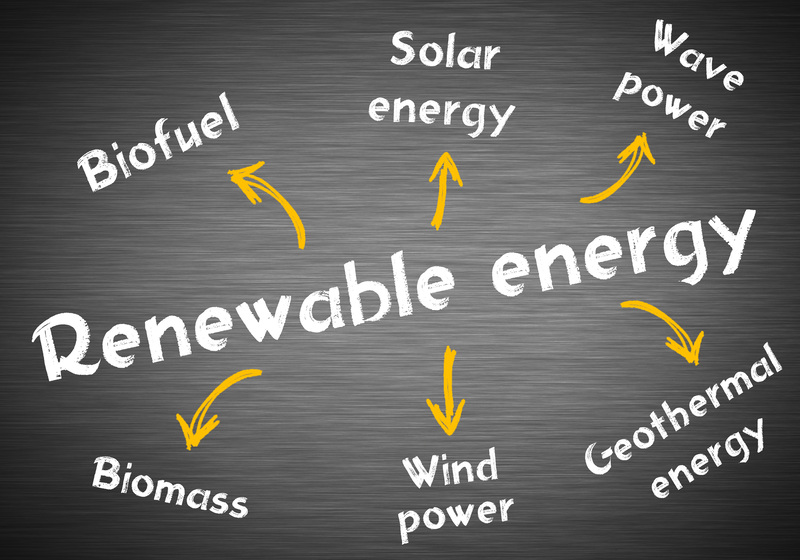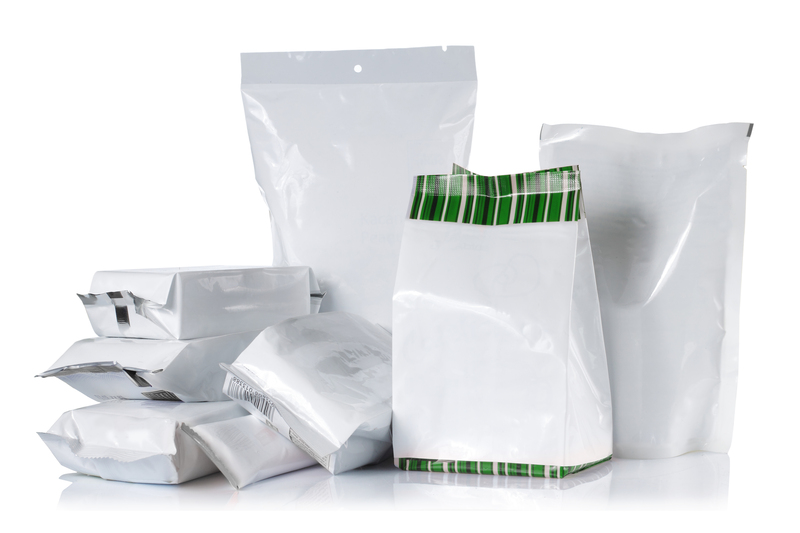How Glass Recycling Conserves Resources
Glass recycling is a critical component of modern environmental strategies aimed at reducing waste and conserving natural resources. Through a simple, yet effective process, glass can be recycled and reused indefinitely, minimizing environmental impact while conserving critical resources.
The Glass Recycling Process
The recycling of glass involves a series of steps, each carefully designed to ensure the integrity and purity of the product:
- Collection: Glass waste is collected from various sources, including households, commercial enterprises, and recycling centers. Efficient collection is key to maximizing the volume of glass that is recycled.
- Sorting: Once collected, the glass is sorted by color. This step is essential because different colors of glass have different properties and end-uses.
- Cleaning: Any impurities, such as labels and caps, are removed. Clean glass is crucial for the subsequent processing stages.
- Crushing: The clean glass is then crushed into small pieces called "cullet." Cullet serves as the primary raw material for new glass products.
- Melting and Molding: The cullet is melted in furnaces and then molded into new products, ranging from glass bottles to jars and other items.

Conserving Raw Materials
One of the most significant benefits of glass recycling is the conservation of raw materials. Glass is made primarily from sand, soda ash, and limestone. By recycling glass, we significantly reduce the need for these materials, thereby conserving them for future generations.
Reducing Sand Depletion
Sand is a finite resource, and its extraction has environmental consequences. Recycling glass reduces the demand for newly mined sand, thus protecting natural habitats from the disruptive effects of mining.
Saving Energy and Reducing Emissions
Producing glass from recycled material requires 40% less energy than manufacturing it from raw materials. This energy saving translates directly into a reduction of greenhouse gas emissions, contributing to the fight against climate change. Recycling a single glass bottle can save enough energy to power a light bulb for up to four hours!
Benefits to the Economy
Glass recycling isn't just environmentally beneficial; it also offers significant economic advantages:
- Job Creation: The recycling industry creates jobs at every stage of the process, from collection to processing to resale of new products.
- Cost Savings: Manufacturing with recycled glass is cheaper than using raw materials, due to the reduction in energy consumption and material costs.
- Stabilization of Supply: Recycling helps stabilize the supply of raw materials, shielding industries from the volatility of market-driven commodity prices.
Improving Landscape and Saving Landfill Space
Recycling glass also helps in conserving landfill space. Glass is non-biodegradable, meaning it doesn't break down over time. By recycling, we reduce the amount of waste sent to landfills, preserving these areas for more vital purposes.
Preservation of Natural Landscapes
Reducing the need for raw material extraction protects natural landscapes from mining operations, preserving them for wildlife and future generations.

Environmental Benefits
Recycling glass has a cascading effect on the environment, promoting sustainability at every level. By conserving resources, we minimize our ecological footprint and encourage an ethos of responsible consumption.
Community Impact
Promoting glass recycling within communities raises awareness about sustainable practices and engages citizens in an effort to create a more circular economy. Community-led initiatives can significantly increase glass recycling rates.
Conclusion
In summary, glass recycling plays a vital role in conserving both natural and economic resources. By reducing the need for raw materials, saving energy, stabilizing the economy, and preserving natural landscapes, recycled glass represents a cornerstone of sustainable industry practices. As we continue to advance in environmental conservation efforts, it becomes increasingly critical to understand and promote the benefits of recycling glass as a key element in the journey toward a more sustainable future.